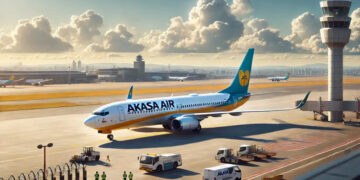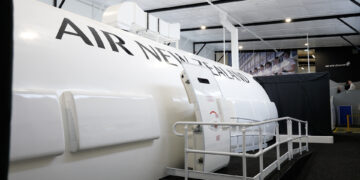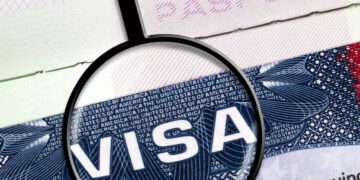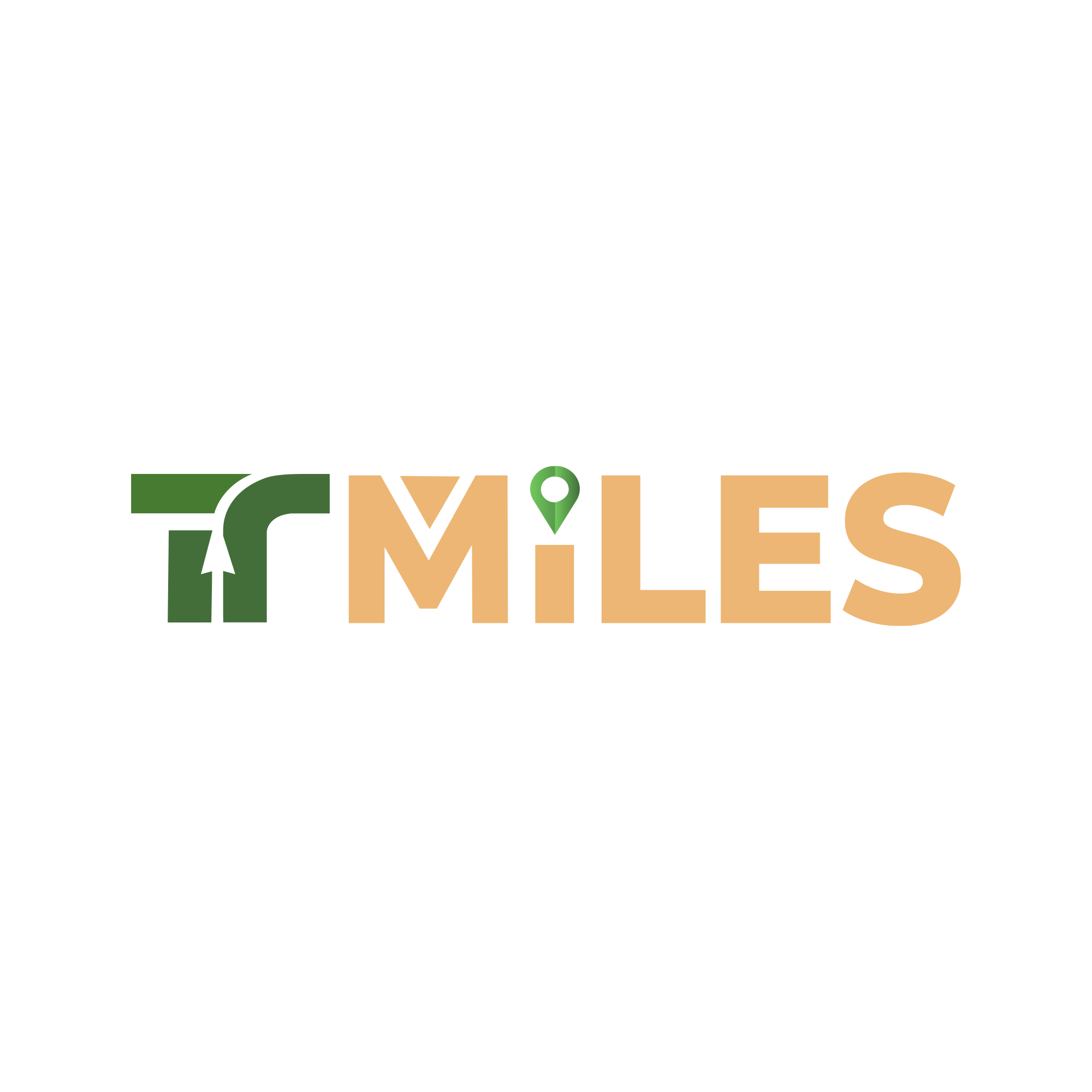Southwest to get rid of open seating, offer extra legroom in biggest shift in its history
A Southwest commercial airliner takes off from Las Vegas on Feb. 8, 2024.
Mike Blake | Reuters
Southwest Airlines is ending open seating and will offer extra legroom seats on its airplanes as mounting pressure on the carrier to increase revenue prompts the biggest changes to its business model in its 53 years of flying.
The airline plans to start selling the first flights that will offer extra legroom next year, it said Thursday. It also plans to begin overnight flights, starting in February.
Southwest executives have said for years that they were studying such changes and hinted in April that the airline was seriously considering assigning seats and offering pricier seats with more legroom. The airline currently puts customers in one of three boarding groups and assigns a number, setting off a mad dash to check in a day before the flight. Customers can get earlier boarding though if they pay for a higher-priced ticket, they’ll get a better boarding slot.
When travelers choose a competitor over Southwest, the airline found in its research that its open seating model was the No. 1 reason for that choice, the carrier said in a release that outlined the changes. It also said 80% of its own customers prefer an assigned seat.
“Although our unique open seating model has been a part of Southwest Airlines since our inception, our thoughtful and extensive research makes it clear this is the right choice â at the right time â for our Customers, our People, and our Shareholders,” CEO Bob Jordan said in a news release Thursday.
Southwest did not, however, unveil any changes to its beloved two free checked bags policy.
The airline is under even more pressure now to segment its product like other airlines after activist investor Elliott Investment Management disclosed in June a nearly $2 billion stake in Southwest and called for new leadership as the carrier underperformed competitors.
“We will adapt as our customers’ needs adapt,” Jordan said at an industry event last month.
Read more CNBC airline news
Southwest said it expects about a third of the seats on its Boeing 737s will offer “extended legroom, in line with that offered by industry peers on narrowbody aircraft.” The Federal Aviation Administration would need to approve the cabin layouts, the airline added.
The Dallas-based carrier had prided itself and raked in steady profits for most of its more than five decades of flying on its simple business model. Jordan said last month that not assigning seats was easier to offer when planes weren’t so full.
Analysts criticized Southwest for moving too slowly. Rival carriers offer a host of options to upsell customers like extra legroom seats, premium economy or business class. Other airlines, however, like Delta, United and American, four years ago took a cue from Southwest and ended flight change fees for most tickets.
Southwest will provide more details about the upcoming changes at an investor day at the end of September.
Donât miss these insights from CNBC PRO
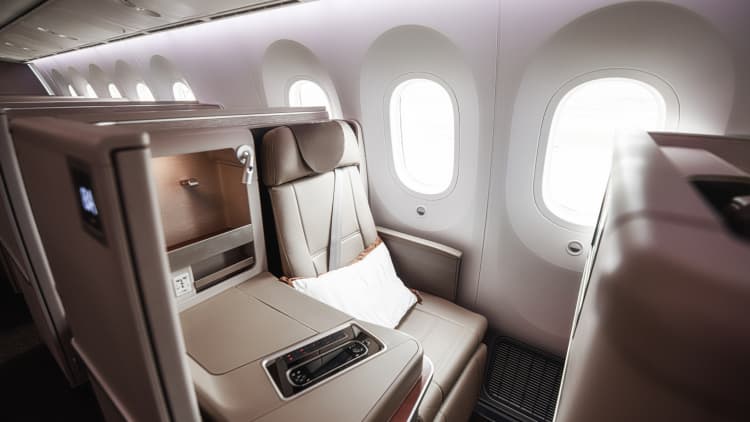
Leave a Reply Cancel reply
- Trending
- Comments
- Latest
Stocks making the biggest moves midday: UNH, FSLR, MS, TSM
Freetrade acquired up by IG Group at 29% valuation discount
TTMiles
Travel with me and experience each trip as a magical chapter in my travelogues. Come along with me as we discover the marvels of the globe one engrossing tale at a time.
Read more
Categories
Recent News
Stocks making the biggest moves midday: UNH, FSLR, MS, TSM
© 2024 Trilliontravelmiles - The one stope travel news site by Trilliontravelmiles.

